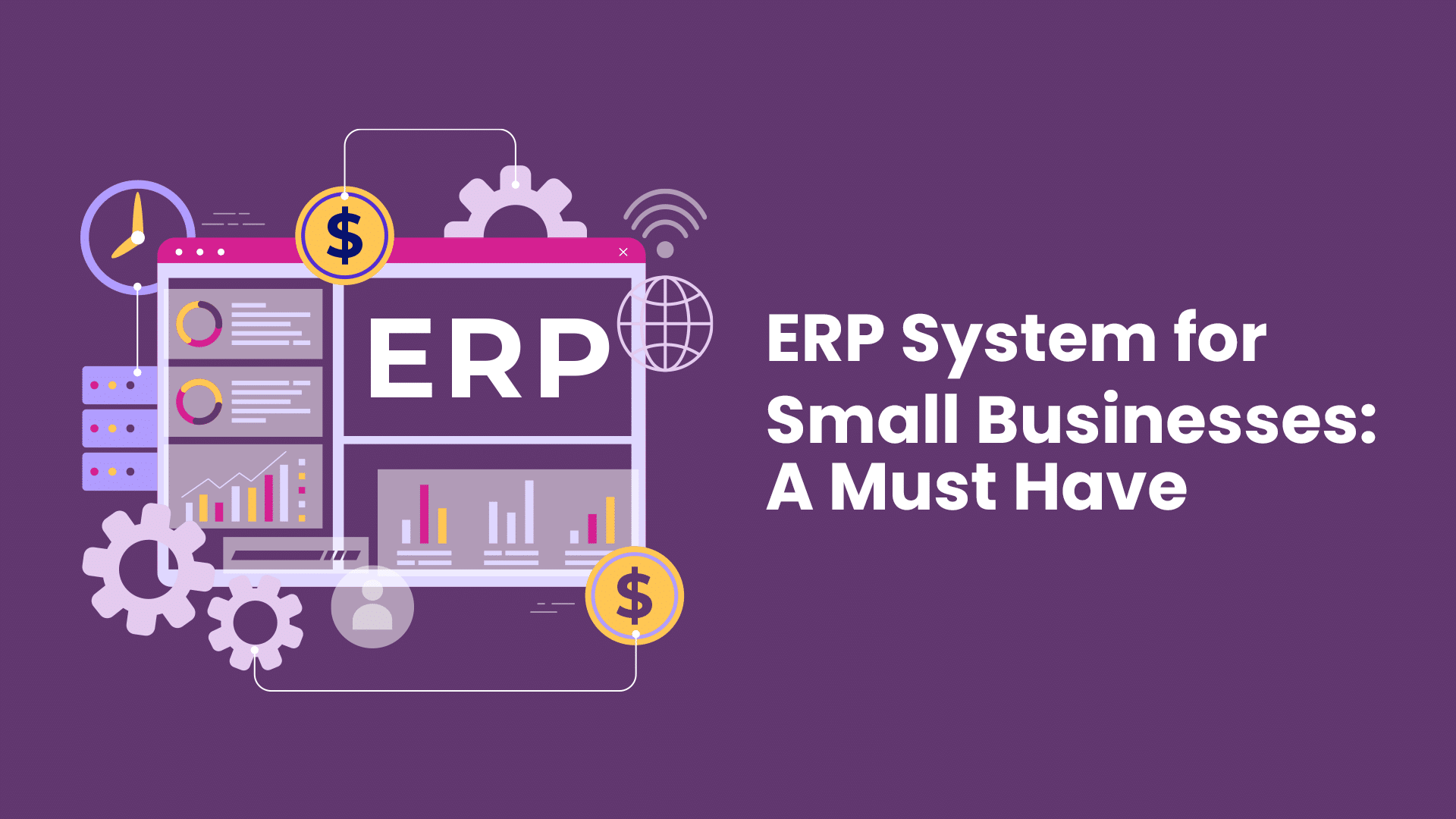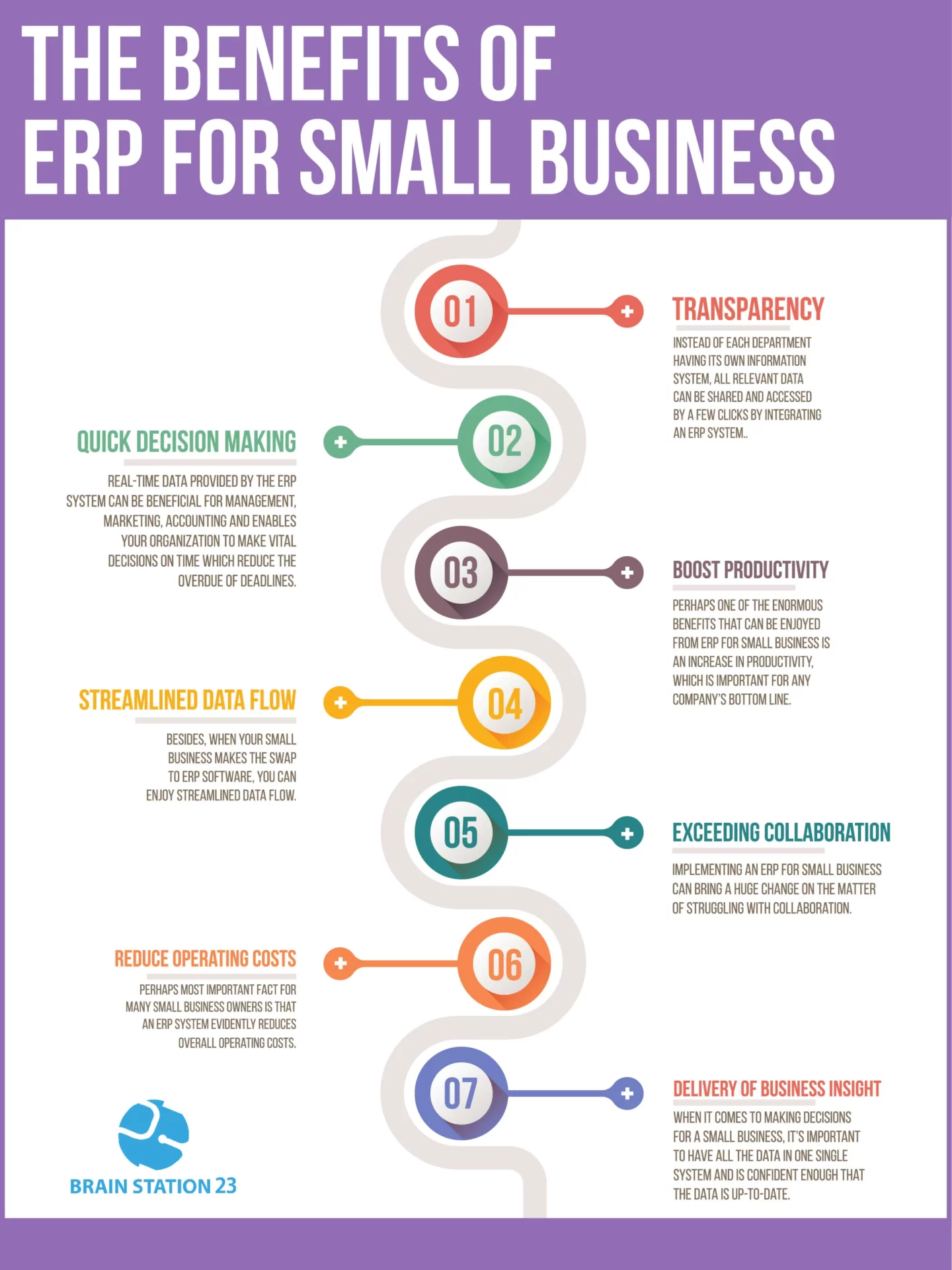In today’s digital age, businesses of all sizes are constantly looking for ways to streamline their operations and improve their overall efficiency. For small service businesses, this can be a daunting task as they often have limited resources and tight budgets. However, with the right tools and strategies, even small businesses can boost their productivity and stay competitive in the market. One such tool that has proven to be effective for small service businesses is the implementation of Enterprise Resource Planning (ERP) systems.

What is ERP?
ERP is a type of business management software that integrates different functions and processes within an organization. These functions can include but are not limited to, financial management, inventory management, human resources, and customer relationship management. The main objective of ERP is to provide a centralized platform for businesses to manage their operations and data, leading to improved efficiency and productivity.

The Advantages of ERP for Small Service Businesses

As a small service business, you may be wondering how implementing an ERP system can benefit your business. Here are some of the key advantages that small businesses can reap from using ERP:
- Improved Efficiency: By having all your business functions and data in one place, ERP eliminates the need for manual data entry and reduces the risk of errors. This leads to increased efficiency and time savings, allowing you and your team to focus on core business activities.
- Cost Savings: Small businesses often have limited resources, and investing in separate software for each business function can be expensive. With an ERP system, you have a single solution that can handle multiple processes, saving you money on software licenses and maintenance costs.
- Better Decision-Making: With real-time data and analytics provided by ERP, small service businesses can make informed decisions based on accurate information. This can lead to improved decision-making and better strategies for growth and success.
- Improved Customer Service: Customer relationship management is crucial for any business, and with ERP, you can have all customer data in one place, making it easier to provide personalized and efficient service.
Key Features of ERP for Small Service Businesses

Not all ERP systems are created equal, and when it comes to small service businesses, certain features are essential for the smooth functioning of the business. Some of these key features include:
- Customization: Small businesses have unique needs and processes, and an ERP system should be customizable to fit those specific requirements.
- Cloud-based: Small businesses can benefit from cloud-based ERP systems as they offer flexibility, scalability, and cost savings compared to on-premise solutions.
- Mobile Access: In today’s remote work environment, having access to business data on the go is essential. A mobile-friendly ERP system allows small service businesses to stay connected and updated at all times.
- Integration: For small businesses, integration with other tools and software they use is crucial. A good ERP system should be able to integrate with third-party applications, such as accounting or project management tools, to streamline processes further.


